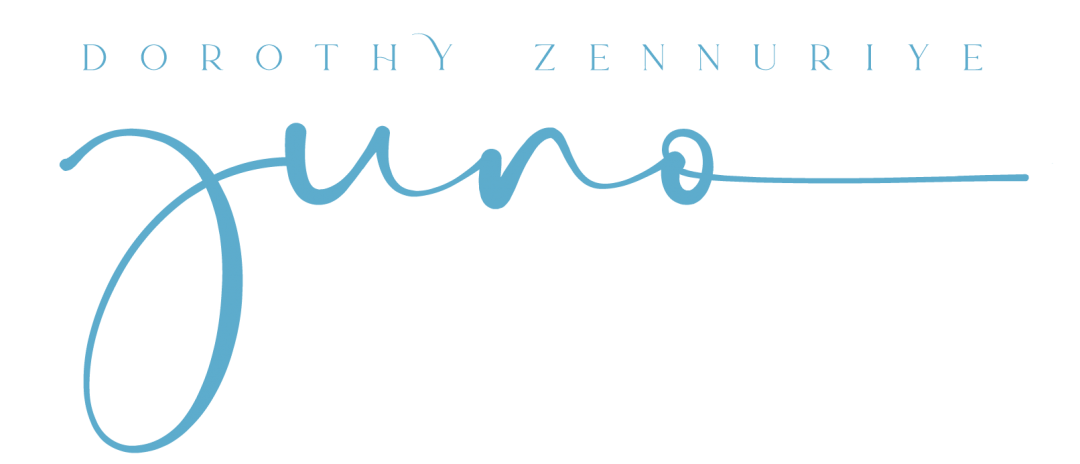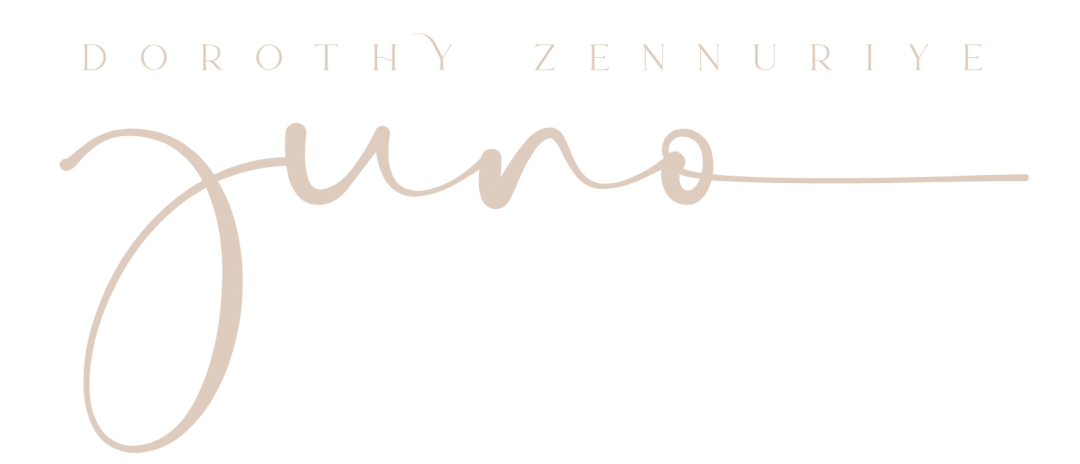The Psychology of Alleviating Fear: The COVID-19 Crisis
“You will always find formative information to support your fears; the challenge is to instead seek the truth.” – Dorothy Ratusny
To alleviate fear you must first challenge the thoughts and perceptions that evoke fear. You do this by holding factual, reliable information, as you wield the power of your mind; visualizing with certainty what is most desired; together with the action steps you take towards this.
You may also read this article on Medium.
In This Article:
-
The Three Best Practices for Alleviating Fear Specific to the Coronavirus
-
What Does it Mean to ‘Flatten the Curve’ and How Can You Best Do This?
-
Why NOW is The Best Time to Re-Examine Your Health Care Practices
-
What You Can Do To Improve Your Immune System
-
A Cognitive Therapy Best Practice for Alleviating Fear
-
How to Best Protect Yourself From COVID-19 (Coronavirus)
-
Self-Awareness Tools for Alleviating Fear
-
What Three Tendencies Predispose You to Fear?
We all have a fundamental need to be safe and healthy. We also need to believe that we have real and tangible ways in which to ensure our well being. Thus, this current health crisis, challenges us to seek factual and reliable information; to not be distracted and overwhelmed by fear mongering, to seek out evidence to disprove any irrational fear that arises, and to continue to act in a way that ensures we make the best and safest choices.
Faced with a global health crisis such as Coronavirus Disease 2019 (COVID-19) your latent fears are tested. If you are someone that lives in the experience of anxiety and fear on a daily basis, this global pandemic outbreak has likely exacerbated your level of fear immensely. How you continue to react, and the thoughts and perceptions that you hold, become heightened responses of your existing predisposition to fear.
To alleviate fear in this (or any) situation, your first mandate and best practice is always to educate yourself. Seek facts and accurate information; and from this place of knowledge and understanding, focus on the best strategies that will allow you to continue to care for yourself and your family. (Use reliable, credible sources, and refrain from being hyper-fixated, as this may cause you to feel anxious or overwhelmed. Instead, let your knowledge help you to feel confident and reassured as you have the right information to now take the steps that will ensure you continue to be cautious and safe).
(Credible sources include: The World Health Organization – WHO, The Centers for Disease Control and Prevention – CDC, and in Canada, the Public Health Service).
Second, be proactive and responsible in your decision making. Take the best course of action that allows you to be safe and that upholds ethical responsibility for yourself, your family and the collective whole. In a global health crisis, we all need to make the best possible decisions, so as to not put our self (or others) at risk. (For example, to practice good hygiene, to work from home if this is an option; and to practice social distancing as much as possible as we continue to learn more). Read here how school closings and self-quarantines saves lives.
Third; to alleviate fear, as you align your actions with your desired outcome (for example, to remain healthy), hold belief; have faith, be optimistic and positive in your thinking, and in the opinions that you hold. As you make the best informed decisions based on gathering accurate information; and as you take ‘right action’ towards what is most wanted; hold resolve and belief in this desired outcome.
As you hold belief and faith in your well being, and as you direct your focus to what is wanted (maintaining good health/recovering successfully if you have the virus); you reduce fear, reaffirm positive action, and confidence in your ability to stay healthy (and the continued steps that you are taking towards your desired outcome).
*If you are someone who typically dwells on a worst case scenario; an effective practice to alleviate and appease your fears is to challenge yourself to find facts and evidence that dispel irrational thoughts and beliefs. Having accurate information (based in truth) allows you to take precautions, to make good decisions, and to feel reassured that you are doing what is the best possible practice. It is also important to be ultra cautious in this current environment so that we may avoid contracting the disease, and thus slow its spread; and therefore, not overload our health care system(s). This is what is called: ‘flatten the curve‘.

If you seek out random (and unsupported) information that supports what you are most fearful of, you perpetuate the feeling of fear, and you compromise your ability to make best decisions. The best practice is to find and focus on factual truth, and to be proactive in the steps you take. In this health crisis, there will be facts that may frighten you; and yet to know the truth is how you can then make the best decisions (out of this factual knowledge) for yourself and your family.
Without factual information, you tend to either ignore or downplay what is important, or find yourself in a state of perpetual fear because of your hypervigilance on what is not completely accurately nor true.
Do you part.
Take the steps now to keep yourself and your family safe and healthy; to be aware of what global strategies and positive actions are in place; including what helpful and necessary efforts have been mobilized to begin testing a vaccine to effectively prevent others from becoming sick, and to contain spread of infection.
Now is also the time to think about how your actions have a ripple effect.
We are all interdependent on one another. Think of the impact of your actions on all others as you take precautionary and safe measures; and as you continue to implement best practices for the future (e.g. good hygiene and self-care strategies to strengthen your immune system).
From all of the factual, reliable information that you have gathered, what allows you to feel safe in this environment? Take this action. For example, it is critically important that you practice social distancing as much as possible to dramatically slow the rate at which the infection is spreading.
What will help you psychologically during this time is to do your best to continue in a healthy routine which includes ample sleep, exercise, healthy eating; focusing on important daily tasks and obligations; and to live as much as possible with normalcy and awareness.
Now is also the perfect time to reexamine your health practices; your ability to receive ample sleep, to consume healthful, whole (and organic) foods; to exercise, practice effective stress management, and to meditate. *All of these help keep your immune system strong. This health crisis raises awareness for what new practices will improve your lifestyle and the way in which you value your health – and your life.
You alleviate fear when you challenge your fear-based thoughts and beliefs. Fear can be triggered by some aspects of truth, however you diminish fear when you focus on the whole truth and as you act on the side of caution; putting in place a strategy of best practices that come out of your research and fact finding that is based on accurate and updated information.
Cognitive Therapy Best Practice for Alleviating Fear:
STEP 1: When you feel anxiety or fear, immediately identify the thoughts that you were thinking prior to feeling anxious or fearful. Your thoughts are always the key to why you feel the way you do.
STEP 2: Challenge your thoughts. CHANGE your thoughts to reflect what is true and accurate. What you tell yourself, you believe. This is why it is so important that you challenge the thoughts that create anxiety and fear, and to replace them with factual information of what is true.
https://dorothyzennuriyejuno.com/using-cognitive-behavioural-therapy-cbt-to-challenge-and-change-your-thoughts-cbt-best-practices/
Here Are Some Helpful Facts to Keep in Mind as You Focus on What is True:
How Do I Protect Myself from Coronavirus?
The steps that will protect you from Coronavirus will also protect you from influenza and many other common illnesses. Here are the recommendations from the Centers for Disease Control and World Health Organization.
• Wash hands often for at least 20 seconds
• Use hand sanitizers when water isn’t available
• Use disinfecting wipes to clean surfaces
• Stay home if you feel unwell
• Cover your nose and mouth when you cough and sneeze
• Avoid touching your eyes, nose and mouth with unwashed hands
How Does Coronavirus Compare to Influenza? (Commonly called ‘the flu’).
Influenza is a viral infection that attacks your respiratory system — your nose, throat and lungs.
The number of seasonal flu deaths vastly outnumber deaths from Coronavirus. The CDC estimates that 9.7 million people have gotten the flu this season, including an estimated 4,800 deaths and 87,000 hospitalizations. While the flu might seem like a relatively minor disease because it’s so common, complications from the flu, which can include pneumonia, bronchitis, asthma flare-ups and heart problems, can be deadly.
Self-Awareness and Introspection as Tools for Alleviating Fear:
Questions that you may wish to ask as you mobilize yourself out of fear and into informed consciousness:
Use these questions for contemplation and self-reflection; as questions that you record and write your answers to, as a helpful means to explore and understand – and to best alleviate your fears.
Express your feelings with complete honesty as this will allow you to find resolution and the right answers to help. When you stop and reconnect with yourself; and as you create the space to be quiet and thoughtful; you allow for answers and intuitive guidance from your highest self. Writing is a direct way to communicate with your self.
What specific fears is this health crisis evoking for me?
Do I think of others and myself as a shared community?
Has my awareness of global unity and consciousness, expanded?
Do I feel compassion for those who have innocently become ill or have died because of the Coronavirus?
What new health conscious habits will I now practice as the result of this crisis?
What am I teaching my children about compassion and non judgment; and of the humane treatment of all living beings?
Do I choose to hold greater consciousness of the actions that I take, and the compassionate practices that will sustain the planet during my lifetime and beyond?
Do I know about wet markets (places where fish, poultry and other animals are slaughtered and butchered on the premises) in Asia and throughout the world; (and where one wet market in particular in Wuhan, China is believed as a probable source of the current Coronavirus outbreak?
Does this information raise my level of consciousness of how animals (as living beings) are treated?
Researchers of zoonotic diseases — diseases that jump from animals to humans – pinpoint the wet markets in mainland China as particularly problematic for several reasons. First, these markets often have many different kinds of animals – some wild, some domesticated but not necessarily native to that part of Asia. The stress of captivity in these chaotic markets weakens the animals’ immune systems and creates an environment where viruses from different species can mingle, swap bits of their genetic code and spread from one species to another, according to Biologist Kevin Olival, vice president for research at the EcoHealth Alliance. When that happens, occasionally a new strain of an animal virus gets a foothold in humans and an outbreak like this current Coronavirus erupts.
Join me for some inspiring words and wisdom for what how you may best approach living right now.
Your Tendency to be Fearful is Based on Three Factors:
(1) Self-Confidence = confidence in oneself and in one’s powers and abilities (2) Self-Reliance = having confidence in and exercising one’s own powers or judgment and (3) The degree to which we can set the bar high in what is our Invincibility. In other words, how good are you at believing in your ability to be safe, healthy, cared for; and that you will continue to experience positive situations as you cultivate these by choice?
Fear tasks you with the effort to rely on educating yourself; to seek right answers and best practices as solutions; and to raise the bar in how you choose to live life, as you seek to become a better version of yourself (because you can). Teach yourself to overcome fears that are illogical and irrational by challenging your fear-based thoughts; by focusing on the truth, and by living an extraordinary life of your choosing.
For more information on my services or to work with me, please be in touch.

https://dorothyzennuriyejuno.com/portfolio-items/begin-here-a-mindfulness-practice-to-experience-your-bodys-wisdom-wisdom-archives-038/















Leave A Comment
You must be logged in to post a comment.